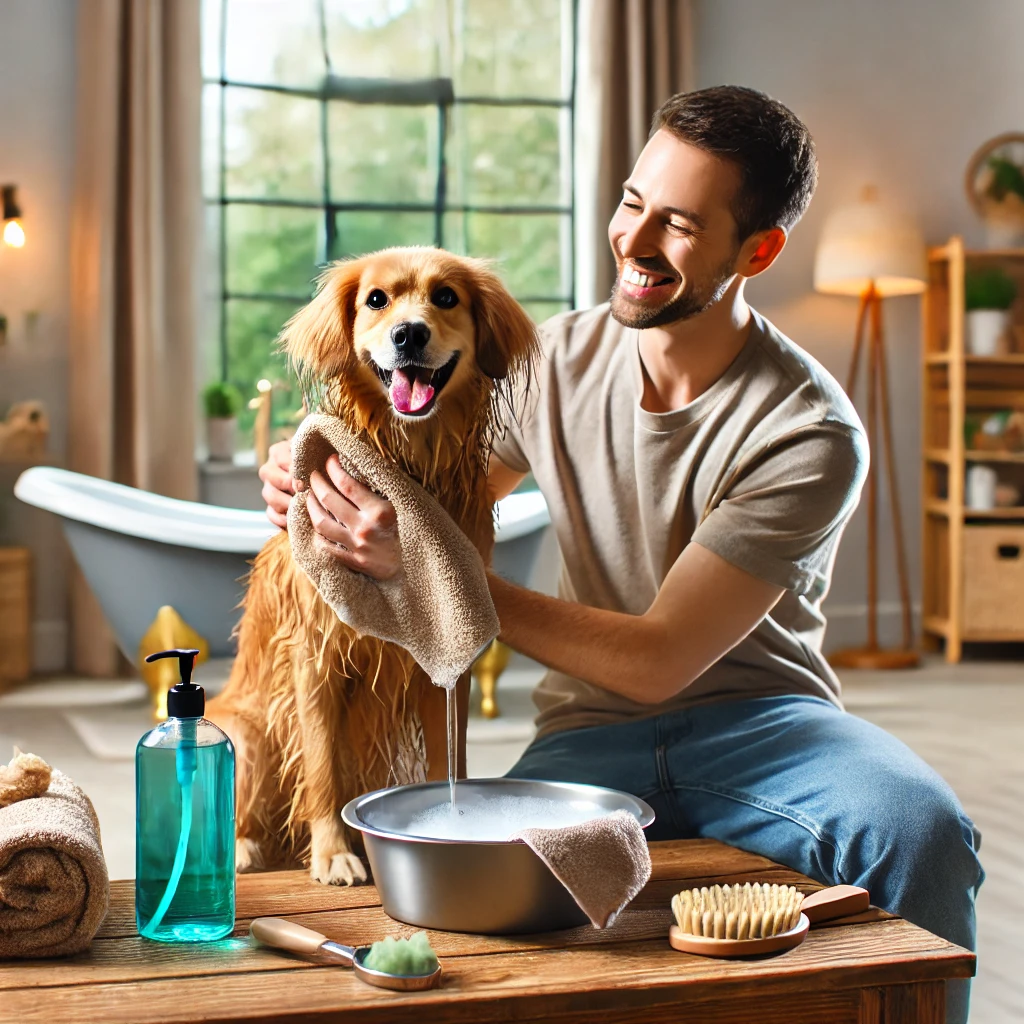
Pet allergies treatment
If you’ve noticed your furry friend scratching incessantly, sneezing more than usual, or showing signs of discomfort, they might be dealing with allergies. Just like humans, pets can suffer from allergies triggered by food, environmental factors, or even fleas. While it can be heartbreaking to see your pet in distress, there are effective ways to manage and treat pet allergies. In this guide, we’ll explore the essentials of pet allergies treatment to help your companion live a happier, itch-free life.
Understanding Pet Allergies
Before diving into treatments, it’s essential to understand what allergies are and how they affect pets. An allergy occurs when the immune system overreacts to a substance it considers harmful, even if it’s not. Common allergens for pets include:
- Environmental Allergens: Pollen, mold, dust mites, and grass.
- Food Allergens: Proteins like beef, chicken, dairy, or grains.
- Flea Allergies: Reaction to flea saliva, causing intense itching.
The symptoms can vary but often include:
- Excessive scratching or licking
- Red, inflamed skin or hot spots
- Sneezing or coughing
- Runny eyes or nose
- Gastrointestinal issues like diarrhea or vomiting
Steps for Effective Pet Allergies Treatment
1. Consult Your Veterinarian
The first step in treating pet allergies is consulting your vet. They can perform tests to identify the specific allergen causing the reaction. This might include skin tests, blood tests, or an elimination diet trial for food allergies.
2. Control Fleas Effectively
If flea allergies are the issue, consistent flea prevention is crucial. Use vet-recommended flea treatments such as topical solutions, oral medications, or flea collars. Keeping your pet’s bedding clean and vacuuming regularly can also help.
3. Switch to a Hypoallergenic Diet
For food allergies, an elimination diet can help pinpoint the culprit. Once identified, switch to a hypoallergenic or limited-ingredient pet food. Ensure the new diet is nutritionally balanced and free from the allergen.
4. Minimize Environmental Allergens
Reducing exposure to environmental allergens can be tricky but not impossible. Here’s how:
- Bathe your pet with hypoallergenic shampoos to remove allergens from their coat.
- Wipe their paws after outdoor walks to reduce pollen and dust.
- Use air purifiers and clean your home regularly to minimize indoor allergens.
5. Medications for Symptom Relief
Depending on the severity of the allergies, your vet may recommend medications like:
- Antihistamines: To reduce itching and inflammation.
- Corticosteroids: For short-term relief of severe symptoms.
- Immunotherapy: Allergy shots to desensitize your pet over time.
6. Natural Remedies
For mild cases, natural remedies can complement traditional treatments:
- Omega-3 Fatty Acids: Found in fish oil, they can improve skin health and reduce inflammation.
- Coconut Oil: Applying it topically can soothe irritated skin.
- Colloidal Oatmeal Baths: These can calm itchy skin and provide immediate relief.
Prevention is Key
Preventing allergies is often easier than treating them. Here are some proactive tips:
- Stick to a consistent flea prevention regimen.
- Maintain a clean home environment to reduce allergens.
- Provide a balanced diet to support your pet’s immune system.
- Schedule regular vet check-ups to catch any issues early.
The Emotional Impact of Allergies
It’s not just your pet that feels the toll of allergies; it’s tough on pet parents too. Watching your beloved companion struggle can be emotionally draining. But remember, with proper pet allergies treatment, you can significantly improve their quality of life. Be patient, stay consistent with treatments, and don’t hesitate to seek professional advice when needed.
Pet allergies can be challenging, but they’re manageable with the right approach. By understanding the triggers, consulting with your veterinarian, and following a tailored treatment plan, you can help your pet thrive. Remember, your dedication to their well-being makes all the difference.
If you found this guide helpful, share it with fellow pet parents who might be struggling with allergies. For more tips and advice on pet care, visit Pet Pulse Daily – your go-to source for everything pets!
